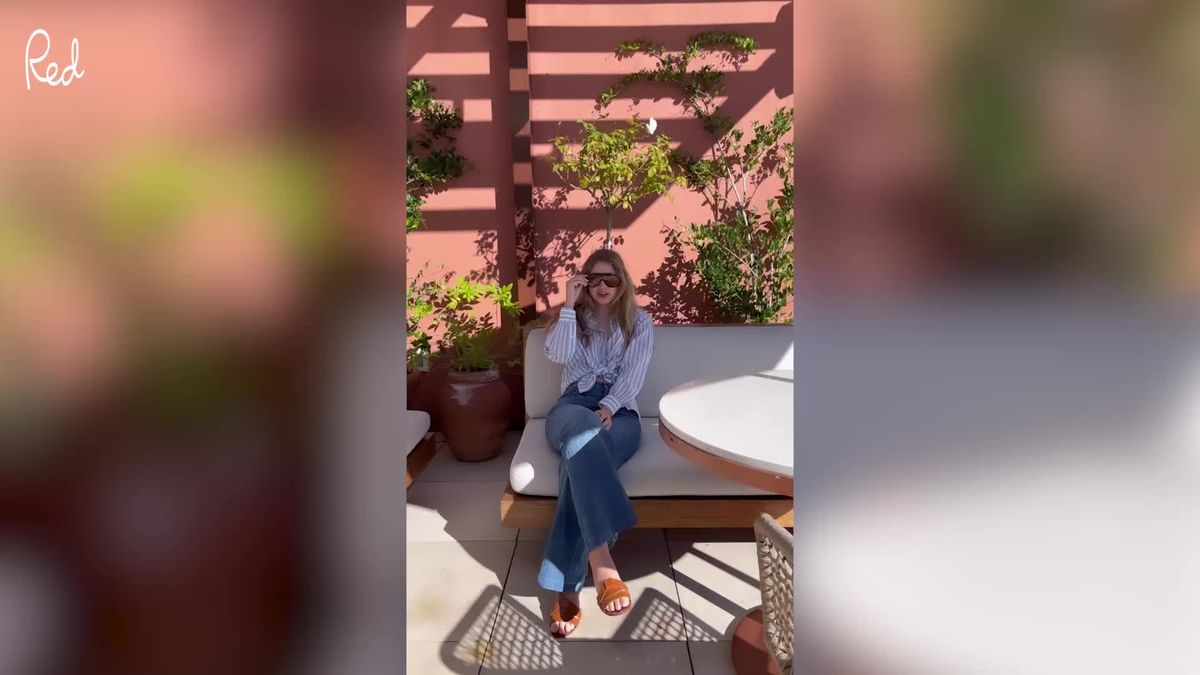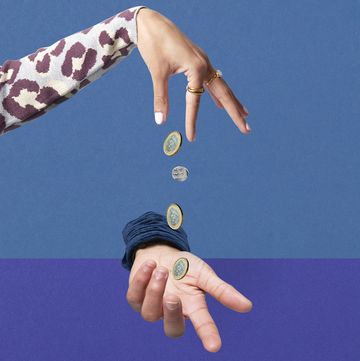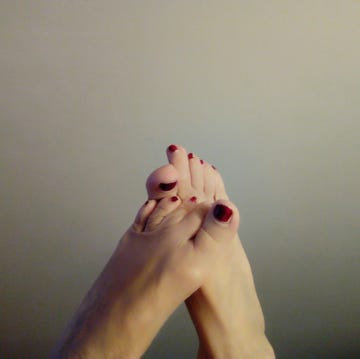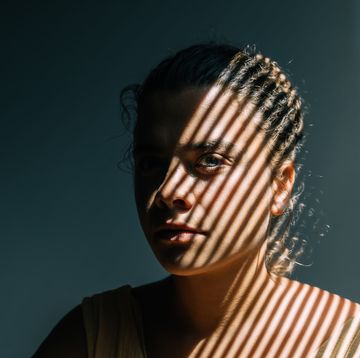At a time when four in five adults own a smartphone and one in four people experience a mental health problem each year in the UK, it's no wonder that the demand for stress-relieving apps is rapidly increasing.
Learning to pay more attention to how we feel at certain moments throughout the day can really help when it comes to reducing stress.
With this in mind, researchers have explored the effectiveness of smartphone wellbeing apps – which generally encourage users to 'take some time out' and focus on how they are feeling in themselves – and have concluded that they do indeed play a role in decreasing depression, stress and anxiety and increasing positivity, productivity and general wellbeing.
Here, we take a closer look at three of our favourites…
Headspace
A bestselling pioneer of the mental health app world, Headspace is a place where meditation is made easy for complete beginners. The app uses 'guided meditations' that vary in length, taking you from the basics of meditation to more tailored packages that allow you to pick the sessions that best suit your individual needs. Speaking to The Mirror, Headspace founder Andy Puddicombe said:
'These tools and techniques have been around for thousands of years. I was a monk and I was lucky enough to study with the real masters of it… We might feel inclined to feel anxious, but we can train it through mindfulness, that's what Headspace does. It can cause a physio-logical shift in the brain.'
Price: First 10 sessions are free, £9.99 a month afterwards.
Soar: Tree of Life
Soar – developed by All 4 Games and released on National Stress Awareness day 2017 – is an exploration-based adventure game designed to restore colour to a stunning but forgotten land. Through using simple tilting or tapping controls players unite the birds and colours to bring beauty back to the island. There are seven levels which encompass beautiful, varied music leaving players in a sense of calm and revitalised. Dr Gail Steptoe-Warren, Occupational Psychologist and Principal Lecturer at Coventry University's faculty of Health and Life Science, who helped develop the app, explains:
'The game has an almost immediate relaxing effect. It improves focus and reduces anxiety, lowers blood pressure and heart rate naturally and even works as a sleep aid for people affected with Insomnia.'
Price: £2.99.
What's Up?
What's Up? (not to be confused with WhatsApp) utilises some of the best and most accessible CBT (cognitive behavioural therapy) and ACT (acceptance commitment therapy) methods to help users cope with a variety of mental health issues, such as depression, anxiety, anger and – you guessed it – stress. Top features include a diary area where you can document your thoughts and feelings, a positive and negative habit tracker, simple breathing techniques, positive quotes and much, much more. NetDoctor psychotherapist Christine Webber says:
'Cognitive therapy is all about learning about how our thoughts create our moods. In CT, we discover that we all have inherent tendencies to certain negative thoughts that evoke unhappiness and disturbance – especially in response to particular trigger situations. Once we accept that fact, we can learn to spot these negative thoughts as they arise and then challenge and re-think them.'
Price: Free.
Via: Prima













